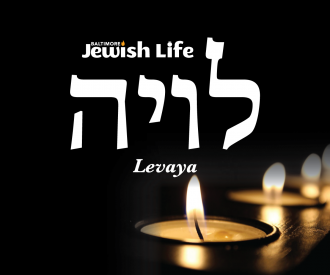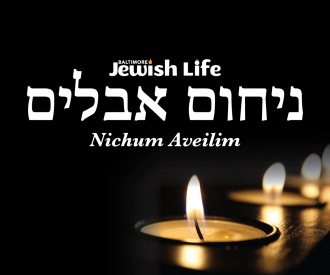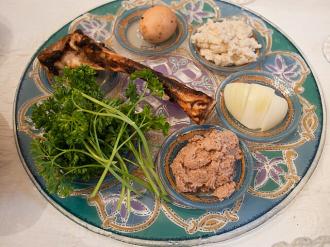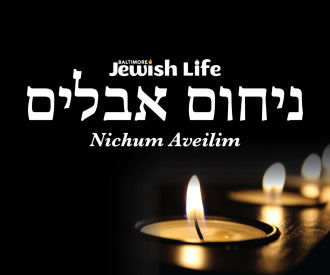Temperatures expected to dip into teens overnight
The first Code Blue of the winter was declared by the Baltimore City Department of Health on Monday, with temperatures expected to dip into the teens with wind chills in the single digits overnight.
The health commissioner can declare a Code Blue alert when temperatures, including wind chills, are expected to be 13 degrees or below or when other conditions are severe enough to present a substantial threat to the life or health of vulnerable Baltimore residents.
“While we enjoyed a warm start to winter, the weather has turned cold quickly to start 2016. I am issuing a Code Blue declaration tonight in Baltimore and encourage residents to stay indoors, especially those most vulnerable to cold,” said Baltimore City Health Commissioner Dr. Leana Wen in a statement.
“Extreme cold temperatures can permanently injure, or even kill. Hypothermia, or low body temperature, can be just as dangerous as extreme heat, so it is important to stay indoors in heated areas. Be sure to check on your elderly neighbors to ensure that they have heat and power tonight.”
According to the health department, Code Blue indicates an increased risk for cold injuries or death for those exposed to low temperatures. Once a Code Blue is declared, steps are taken to encourage safety outdoors, and response partners work to ensure that those in need find shelter.
Among the steps that are taken by the city agencies:
- Distribute meals to at-risk senior citizens
- Provide home weatherization services
- Help individuals apply for emergency assistance
- Provide additional cold weather education and outreach efforts, as needed
Last winter, the state medical examiner’s office recorded 12 hypothermia-related deaths in Baltimore City, according to the health department.
Residents are encouraged to contact 311 if a neighbor is without heat or power so that city agencies can assist them. Energy assistance may be available to those who need it. For more information, individuals cancontact one of the regional Community Action Partnership centers in Baltimore or the Office of Home Energy Programs at 410-396-5555.
For more information about resources available from the health department, click here.














